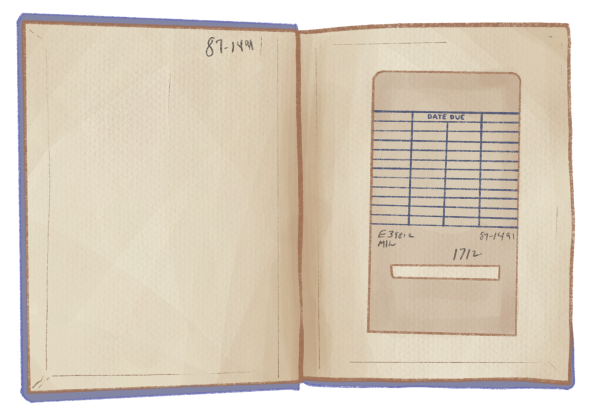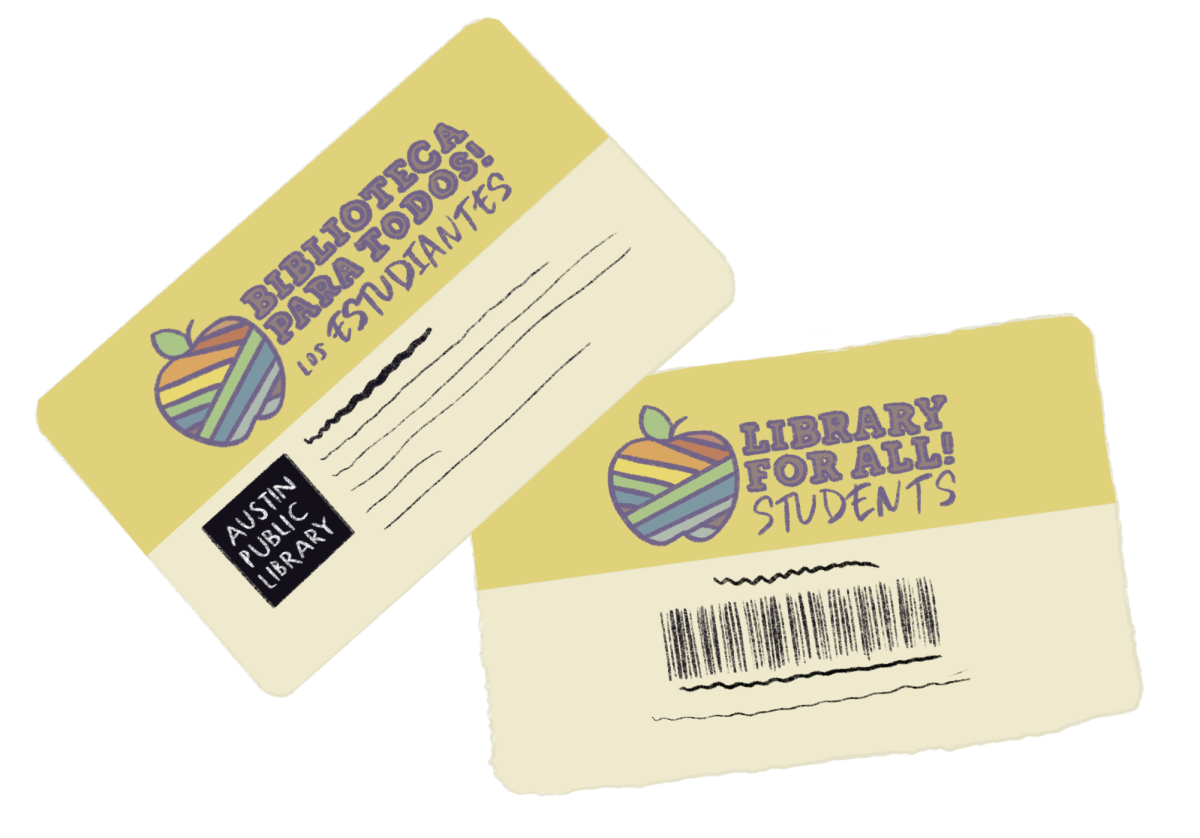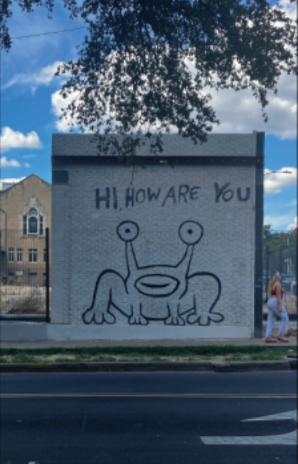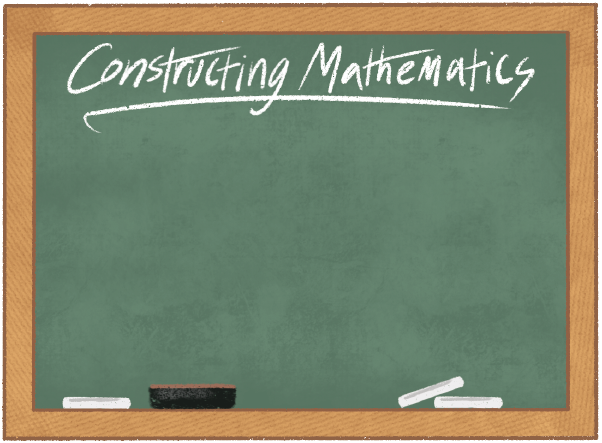The LASA library community has many different opportunities for students to engage in the books they read in different ways. The library hosts a variety of different book clubs and programs such as the Banned Books Club and Battle of the Books. While the library also has multiple smaller events and clubs, the LASA library community as a whole allows students to be a part of other programs outside of LASA such as Project Lit and the Texas Teen Book Festival.
Junior Eliana Koransky, who has been involved in the book clubs since her freshman year, explained that she originally got involved because of Elizabeth Switek, LASA’s librarian. To Koransky, the book club is a great place to meet people with similar interests in an inviting and comfortable environment.
“I just wanted to find people at LASA who I could talk about books with,” Koransky said. “Ms. Switek was incredibly nice and inviting and was always willing to talk to me and have a conversation about books. She was the one that [told me] we have these book clubs, and to come join. I loved talking to her about books, and I figured I’d meet other people who like talking also.”
According to Koransky, the book clubs go beyond the lunch meetings and book-related discussions. She explained that they’re a great way to be involved in the community through community service projects in programs like Project Lit, which is dedicated to increasing access to books, and the Texas Teen Book Festival as well as other smaller book-related competitions.
“It’s a way to just be involved in the community, and not just involved, but also help and contribute towards the community,” Koransky said. “In Project Lit, we do community service projects where we’ve done book drives and organized books for middle schoolers, stuff like that. In Battle of the Books, we’ve united [with] a lot of different schools, [and] we’ve made our little Battle of the Books competitive little community, and [it’s] so much fun. And in the Texas Book Festival, we got to contribute to a citywide festival that impacted a lot of people.”
Junior Francie Sarrat, a member of Project Lit and Banned Books club, mentioned that she felt that the community service projects that are done through Project Lit spark a positive change in the LASA community. She emphasized that, in particular, Little Free Libraries, a project that she is working on, gives her fulfillment while also simultaneously being helpful in a local community or neighborhood.
“Whenever I see a Little Free Library, I don’t necessarily always take a book or even go look through it,” Sarrat said. “But if I see one [when] I’m driving or something, I love it. It just makes me so happy, so I hope that it gets used and people actually use it for finding books, and leaving books. I think it’s also just a symbol of community.”
Sarrat explained that the project was originally started as a way to repurpose old COVID-19 plexiglass protective shields. While they were brainstorming, Sarrat got inspired by Switek’s idea to start a Little Free Library and began working on the project with a team.
“She [Switek] gave us this option [to] use other materials, too, not just plexiglass. I [thought] this is kind of our chance,” Sarrat said. “It works out: we’ll get to use a shop and materials, we’ll have time to actually do it, so Eloise [Embry] and I got put in a group and we were in there before school, during lunch, during class trying to put it together because we had one of the biggest and probably most detailed designs, I’d say. We had a lot of fun building it, and we’re really excited to share it with the world.”
Additionally, Koransky mentioned that the Battle of the Books competition was another unique way to engage with the book community. This year LASA beat both Ann Richards and Bowie in the competition, and according to Koransky, it was also a fun way to interact and meet new people from different schools.
“The Battle of the Books competitions are so much fun,” Koransky said. “We’ve done it at Ann Richards every year. You go to Ann Richards [on] a little field trip, and they’ve got snacks and little toys and stuff, and they have guest authors who record a little video, a little tip for us, and we get to interact with a bunch of different schools. This year, we had a lot…10 to 12 [people] maybe, and we all compete, and we win some of the time, two-thirds of the time, so, you know, that’s pretty cool.”

Koransky attributed most of the library’s welcoming and inviting nature to Switek. According to her, the amount of work and personal touches that Switek puts into the library makes Koransky appreciate and enjoy the activities and clubs even more.
“Ms. Switek has put so much work into it…[she’s] done a lot of painting, she made a little tea lounge area, a tea bar,” Koransky said. “It’s so much fun. It has all the books in it; you could spend forever just browsing through it, and it’s just a really inviting place, especially during book club, when we’re all sat around the little tables, and she has her little presentation up, and we’re just there, chilling and snacking.”
According to Switek, her inspiration in making the library a relaxing place to be in is from her mother who is a retired librarian. She explained that just seeing students make the active decision to put down their phone and open a book instead is what makes her passionate about making the library a place where you can enjoy reading.
“It [the library] is a relaxer,” Switek said. “It’s a place where you can grow, you can learn, you can think, you can meditate. Just to enjoy reading and to want to read or to enjoy being curious about the world is just if you’re not [doing that], what are you doing? What are you going to do and what are you going to contribute to our society? So the fact that there are so many students here who are just so excited and making time and making that effort because y’all are busy.”
Additionally, Switek mentioned that though being involved in books can be calming for students, it’s important for students to also have an opportunity to be aware of what’s going on in literature, especially with the recent book ban happening through House Bill (HB) 900. She explained that books have important information and experiences that students can learn from and relate to that can help them, and if students aren’t involved in literature, they might not be able to find out where to get access to that information.
“From a book-banning standpoint, I would say [students should be aware] because it’s a slippery slope,” Switek said. “The really large percentage of books right now that are being banned are books that deal with assault and a particular sexual assault. The rates of youth assaults are really shockingly high. And so if you cannot have access to information through databases or books where you can see someone else’s experience of that, their reaction to it, and their way that they dug themselves out of the depression that they were in or, you know, dealt with court cases or things like that, then your generation is doing itself a disservice.”
Switek added that a library is like a marketplace of ideas for students, and they should be able to not lose access to that information. She mentioned that when purchasing sources for the library, she keeps book banning in mind and gets a variety of sources with different perspectives to try to overcome that barrier.
“You should be able to read anything,” Switek said. “Now, with that being said, I am buying for people under 18. There’s a whole lot of adult stuff that I obviously do not buy that would not come in here, but in terms of databases and having access to newspapers and having ideas that are on all 10 sides of the political spectrum… that should all be available so that you guys can read it and learn from it and make your own decision.”
Sophomore Phoebe Herbert, a member of Banned Books Club, believes that the book-banning bill, or HB 900, is an important issue for students to be aware of because it directly affects what they read in school. According to her, the club at LASA is a good place to gain information about the issue, and through it she was able to participate in a Zoom interview with two people involved in the lawsuit in which she learned more information about the ban.
“I think it [HB 900] is bad because those books are interesting and are important,” Herbert said. “They’re historical almost, and I feel like they’re important to read… I could see, I mean, she [Switek] is going to have to do the regulations if it passes, but I could definitely see some books being banned like Brave New World or maybe 1984 for English and just not being able to read those anymore.”
In addition to being a great way to raise awareness about book banning, Herbert finds that the library is a great place to discuss books that she has enjoyed. She added that the library’s inclusive environment and opportunities to volunteer make it an easy way to get more involved in the school community.
“[Students are] the majority of the people here,” Herbert said. “And they should have some control over their high school experience, and the only way to do that is to join clubs or volunteer. I don’t think it’s helpful to try to change the world around you if you don’t start with your school first.”







